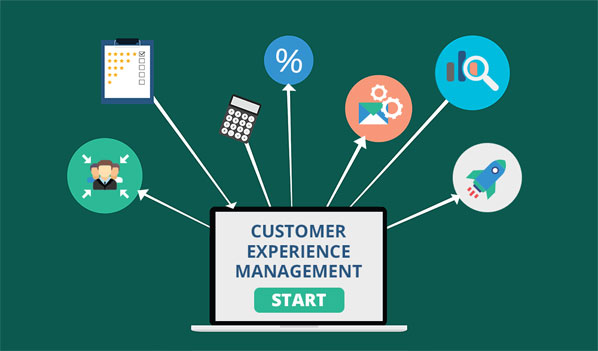What is Customer Experience Management?

And 3 reasons it should matter to you
Customer Experience Management (CEM or CXM for those who like abbreviations) is a new take on an old issue. CEM basically states that the interactions between a company and its customers should be optimized from the customer’s perspective.

https://pixabay.com/en/entrepreneur-idea-competence-vision-1340649/
The concept that ‘the customer is always right,’ is being quantified so that businesses can improve their sales by making it easier and better for the customers. Although the concept is simple, data analytics have given businesses the tools necessary to simplify the complexities of business interactions and improve their performance.
Why does CEM matter?
Market shares are fragile things. Company A may produce the same products as Company B, but if Company B’s customer satisfaction is greater, they will get more business. However, judging customer satisfaction, through all the interaction chains, has been difficult.
Without the depth of data analytics, judging customer interactions has been more of an art than a science. Companies reviewed policies, conducted polls and attempted to make the experience a good one, but that has become easier and more accurate with the wealth of information that can be gathered from online and traditional sources.
Practical applications
Having access to the data is great, but it doesn’t do any good until it is put into use. The following applications show some of the areas that CEM can improve business through improving customer satisfaction:
- Social Media Marketing. SMM has made a decisive impact on customer business interactions. With the ability to get word out directly to people who are interested in your product, social media platforms like Facebook and Twitter, have become a vital feedback tool for CEM. Instant access to opinions and the ability to analyze the effects of marketing decisions and customer relations in real time mean that good customer service practices can be kept and expanded on while poor choices can be quickly identified and dealt with.
- New communication options. The trend over the last few years for more companies is to offer their customers more ways to purchase their products. By creating sites specifically for mobile computing as well as traditional internet shopping, companies can also track their customer habits more easily while helping them in real time. The surge in tablet and smartphone usage to contact businesses and to buy their products has left many companies behind.
- Personalized service. As computers track more and more information about customers and potential customers, the ability is within reach to personalize each sale or transaction according to the interests of the buyer. All the relevant data plus a mass of personal information is available to use when someone shops on the internet. Creating a personalized experience is what CEM does.
Stepping boldly into the future
CEM, like social media marketing, is here. The choice to use it depends on the level of employee service a given company is willing to allocate to make the transaction smooth and easy for their customers. Creating personal relationships works in some companies while it is wasteful in others.

https://pixabay.com/en/businessman-consulting-business-2606509/
Yet, not applying customer experience management to your business gives your competition an avenue to exploit. Finding out they have captured a larger portion of the market share because they were willing to practice a new take on an old concept can mean more than lost revenue. It can mean the difference between succeeding in your chosen field of business and failing.








